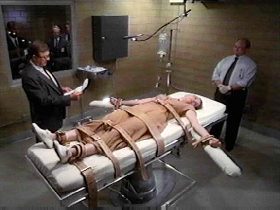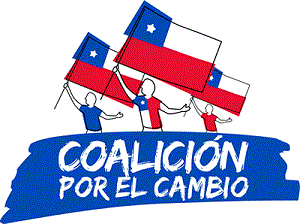A multidisciplinary and general approach to crime
 Criminology is the branch of Law that deals with studying the social, legal and police aspects of any criminal act.
Criminology is the branch of Law that deals with studying the social, legal and police aspects of any criminal act.
This is why it is considered a multidisciplinary science because it basically proposes its foundations in own knowledge of Psychology, Sociology and Psychopathology and takes criminal law as its conceptual framework.
What leads someone to commit a crime? And the social issues that surround it
Criminology studies the causes that led someone to perpetrate such a crime, but also advocates those remedies for man's antisocial behavior, that is, criminology provides a global vision of crime, the incidence, the forms, its causes, its consequences, the State regulations regarding crimes and the social reactions that these will arouse, are issues that Criminology also deals with.
The Italian school's approach to crime: physical anomalies and the social environment in focus
Although the fight against crime and the study of criminals are issues that have accompanied man since ancient times, only towards the end of the 19th century, more precisely in 1885, the Italian law professor Rafael Garofalo coined the concept of Criminology. And it is precisely at this time and at the request of what was called the Italian school, which Garofalo was a member of, that the methods of scientific observation would begin to be applied to crimes in order to determine the causes of these, the reason for the crime, meanwhile, some would focus on justifying them by the bodily and mental anomalies of the people and others would look for them in the social environment in which the criminal developed.
Discover why crimes are committed and prevention
Of course, this enormous advance proposed by the Italian school through direct evaluation would allow us to advance a lot in the sense of discovering the reason for some crimes that seemed indecipherable until that moment and, on the other hand, fundamentally, it could make progress in the matter prevention. That is, if it is the social environment in which the person grows and develops that encourages them to commit the crime, then, it is necessary for governments to develop and promote policies aimed at improving the living conditions and opportunities of that person. social segment, to prevent its members from falling directly into crime.
Because if someone knows that they have other alternatives, other possibilities than crime, surely, the number of individuals who opt for crime directly will be reducing.
Because many times it is that absence of options that ends up leading someone down the easy path of delinquency, of crime. But if that someone is shown, they are taught other possibilities, most likely, he will be able to decide to take another path that at the end of it will bring him and his family access to a better quality of life.
Being able to study and finish a degree that allows you to develop a profession or trade, being able to work by opening your own business, even with few resources to do so, are concrete and effective alternatives when it comes to reducing crime. Because those who can study and work will not need to go out to steal in any way to survive.
At present, the different criteria have been synthesized and today more than anything criminology is oriented to that social environment but there is also a detailed study of the victim in question.
So, the criminology has basically two objects of study: deviant behavior and social control.
Regarding the phenomenon of deviation, criminology will address the factors that explain the deviant behavior in question, be it robbery, theft or homicide, the result of which affects causing serious damage or harm to one or more components of a community.
And as far as social control is concerned, criminology deals with analyzing from different perspectives the instances that will react socially against deviance or crime. It is worth noting that there are two types of social controls, the formal one, which is the one that is contained in the laws and regulations that govern the behavior and coexistence of people in a certain community and the informal one, which will be the one exercised by society, parents and the people who are part of our environment. With respect to this last aspect, criminology attributes greater importance and preponderance to formal control, that is, how the institutions of a certain community control the crime that occurs in its streets. Undoubtedly, the control that a security force is capable of carrying out is much more powerful and secure than the informal one that a parent or a peer in society can do.









